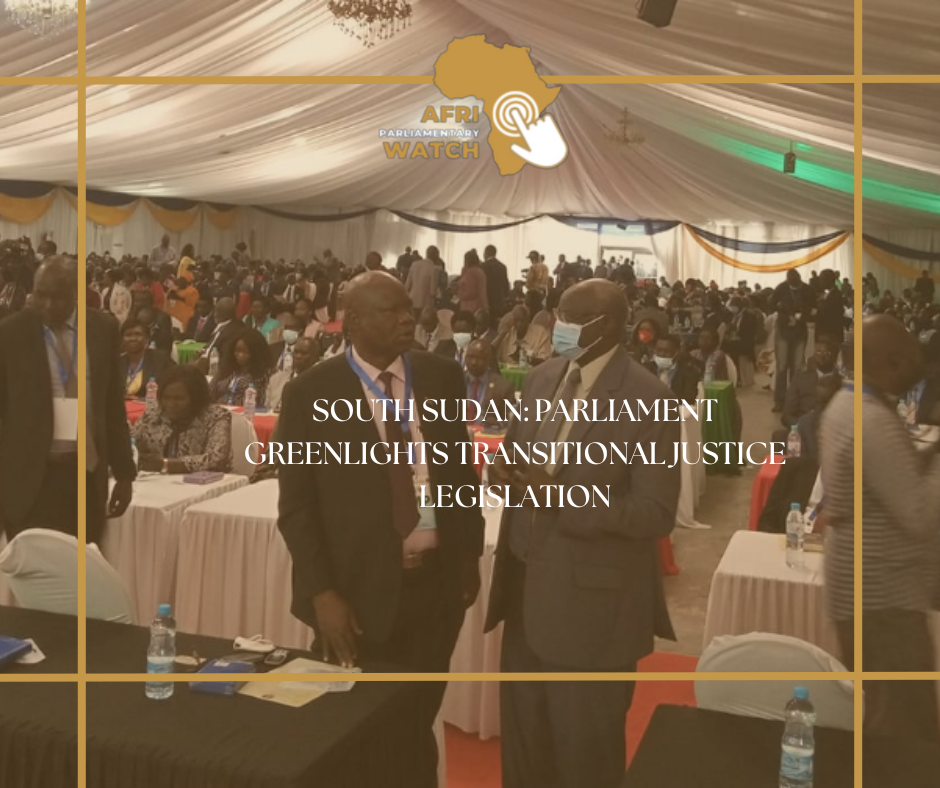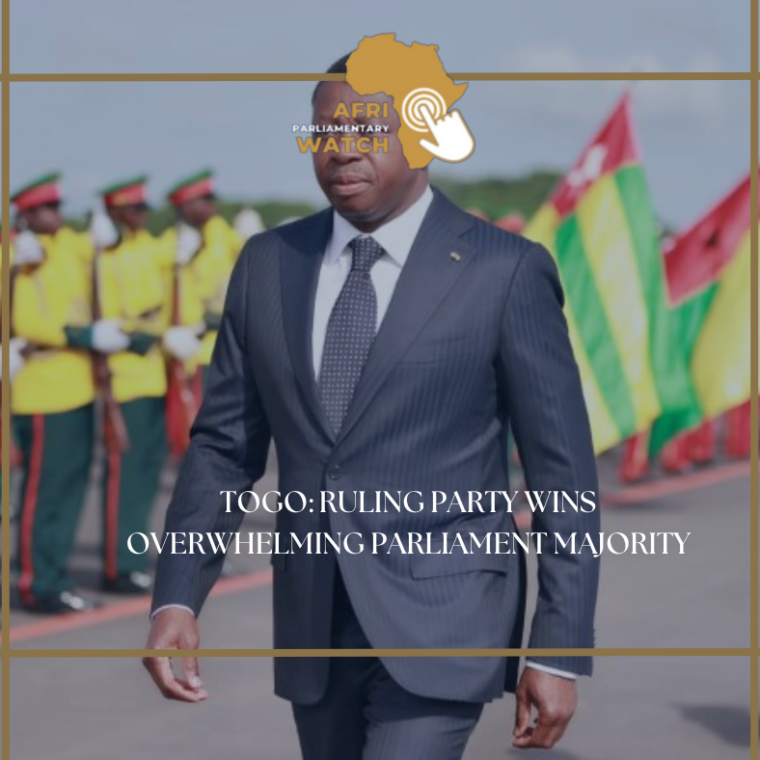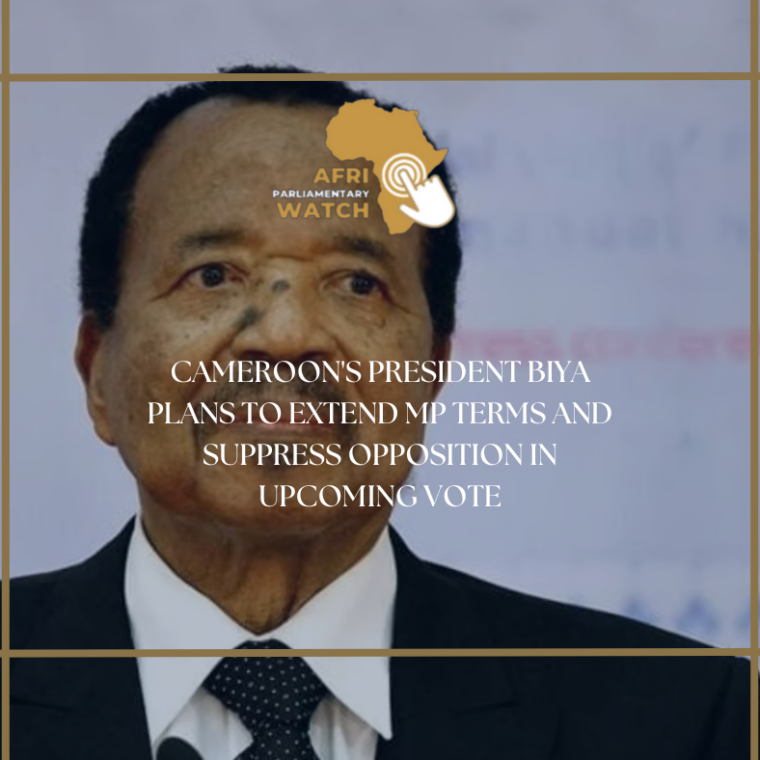South Sudan’s Parliament Approves Key Transitional Justice Bills
South Sudan’s parliament has taken a significant step toward accountability for human rights abuses by approving two laws related to transitional justice. Passed on September 3, 2024, these bills aim to support victims of the armed conflict that erupted in December 2013. The proposed legislation will now undergo review by parliamentary committees to address outstanding issues before being sent to the president for approval.
The 2015 and 2018 peace agreements aimed to establish three mechanisms to address historical injustices. The current bills focus on creating two of these bodies: a Commission for Truth, Reconciliation, and Healing, and a Compensation and Reparations Authority. However, they do not include a hybrid court, which is essential for prosecuting serious crimes committed during the conflict, as outlined in the peace agreements with the African Union.
Nyagoah Tut Pur, a South Sudan researcher at Human Rights Watch, stated, “The passage of these transitional justice bills reflects the persistent efforts of victims and civil society groups. However, establishing a hybrid court remains crucial for advancing genuine justice.”
The truth commission, as proposed, will investigate human rights violations and abuses by both state and non-state actors, documenting the causes of conflict and recommending reparations for victims. However, the current draft lacks clarity on the time period the commission will cover, a detail critical for its mandate.
Furthermore, individuals who disclose their involvement in crimes to the commission will not be granted amnesty if they committed serious offenses, such as genocide or war crimes. Human Rights Watch urges that this provision also encompass gross human rights violations.
The bills also need clearer guidelines on appointing the truth commission’s leadership and ensuring the independence of the bodies involved. Currently, the African Union is tasked with nominating three of the seven commissioners, who will not be South Sudanese nationals. Early engagement from the AU is essential to protect the commission from political interference.
The Compensation and Reparations Authority is designed to aid citizens whose lives have been devastated by the conflict, providing financial support to help them rebuild. It is crucial that this authority operates in conjunction with the truth commission to ensure effective reparations.
While the current proposals mention only symbolic reparations and collective measures, Human Rights Watch advocates for a more robust framework that prioritizes individual reparations and meets international standards for victim support.
With the bills now on the parliamentary agenda, funding will be vital for their implementation. Once enacted, both the UN and international donors must collaborate with South Sudanese authorities to establish a strong financial model and oversight system for transitional justice efforts.
Despite progress on the truth commission and reparations, the establishment of the hybrid court remains critical for delivering justice to victims. This court would involve judges and prosecutors from both South Sudan and the African continent, addressing the limitations of the local judiciary to handle complex cases.
The AU has already prepared foundational documents for the hybrid court, but progress has stalled due to South Sudan’s reluctance to proceed. Human Rights Watch emphasizes that the AU should reaffirm its commitment to establishing the court, even without South Sudan’s full cooperation.
Governments have an obligation under international law to investigate serious crimes, ensuring victims’ rights to truth, justice, and remedies while combating impunity. The continued failure to hold accountable those responsible for grave abuses perpetuates a cycle of rights violations.
As South Sudan advances these transitional justice initiatives, the AU and the South Sudanese government must prioritize the hybrid court’s establishment. By leveraging the momentum from the new laws, they can enhance the prospects for truth, justice, and reparations for all victims.
“Regional and international partners must advocate for a comprehensive truth and justice process to tackle entrenched impunity,” Pur concluded. “The real measure of South Sudan’s commitment to confronting its past will depend on its pursuit of the hybrid court.”





